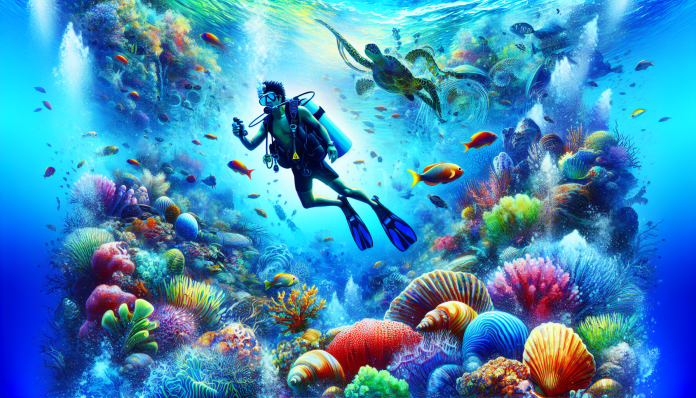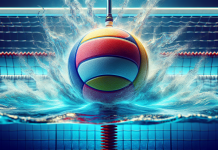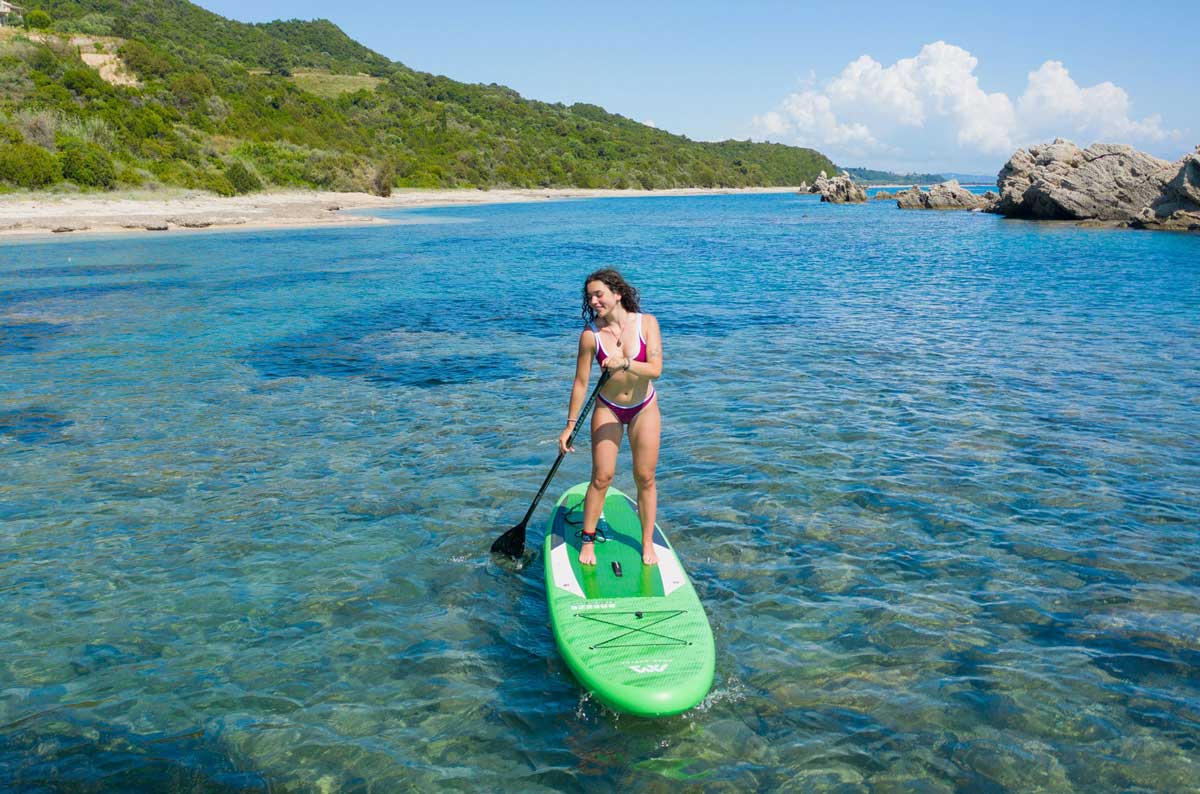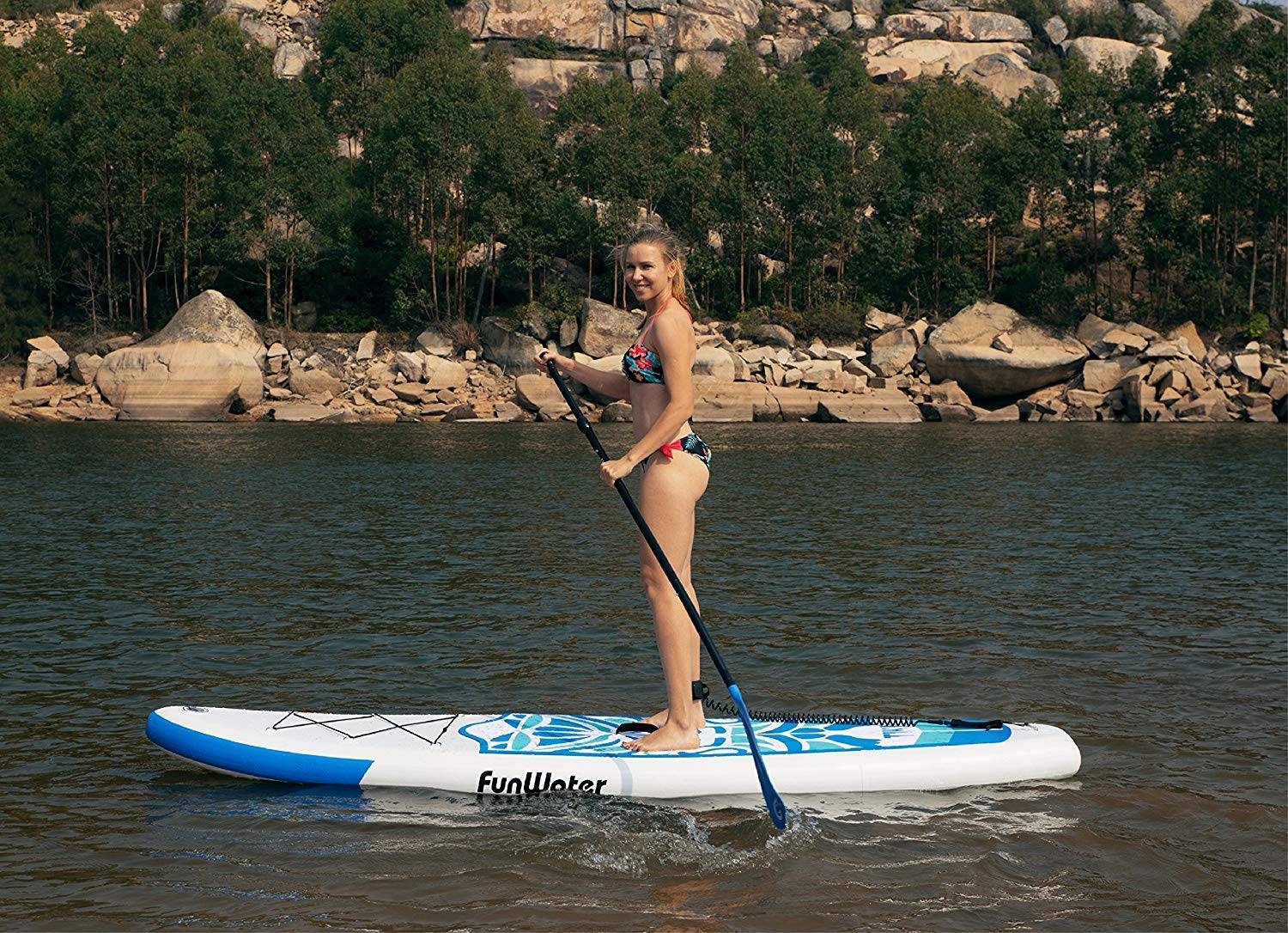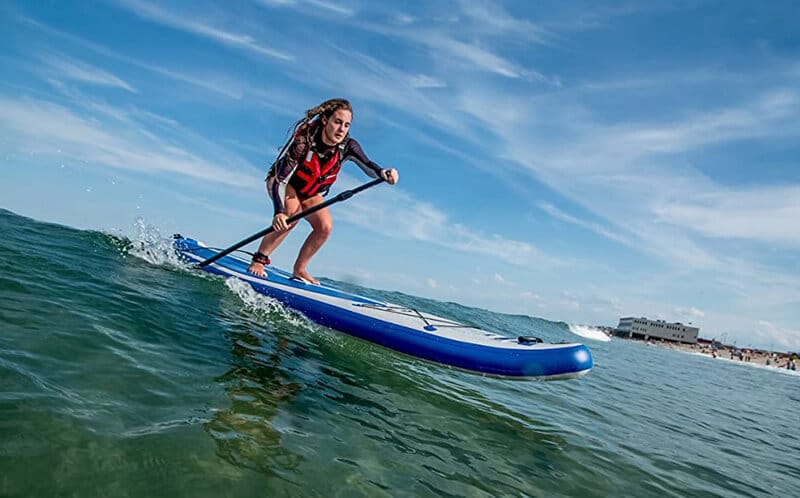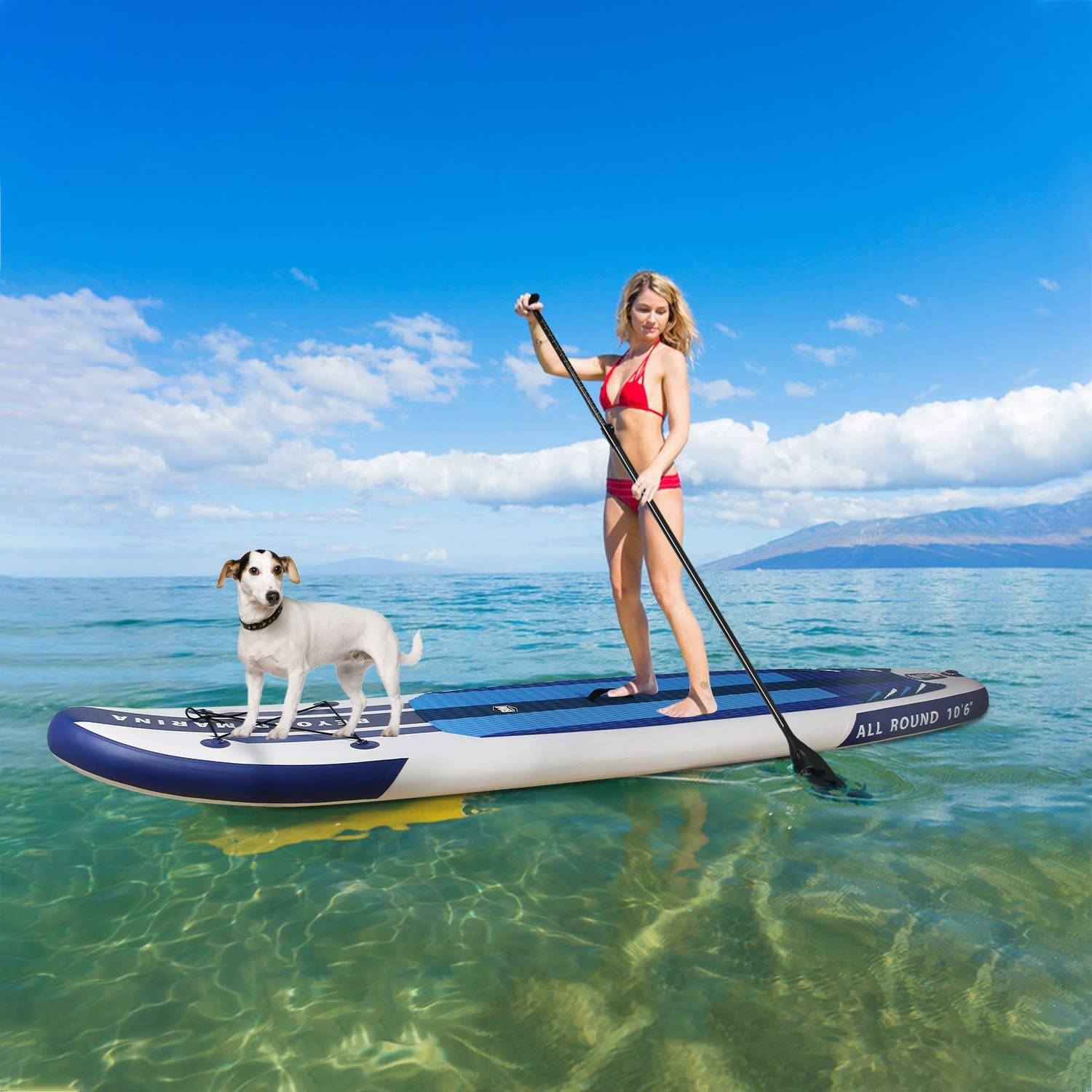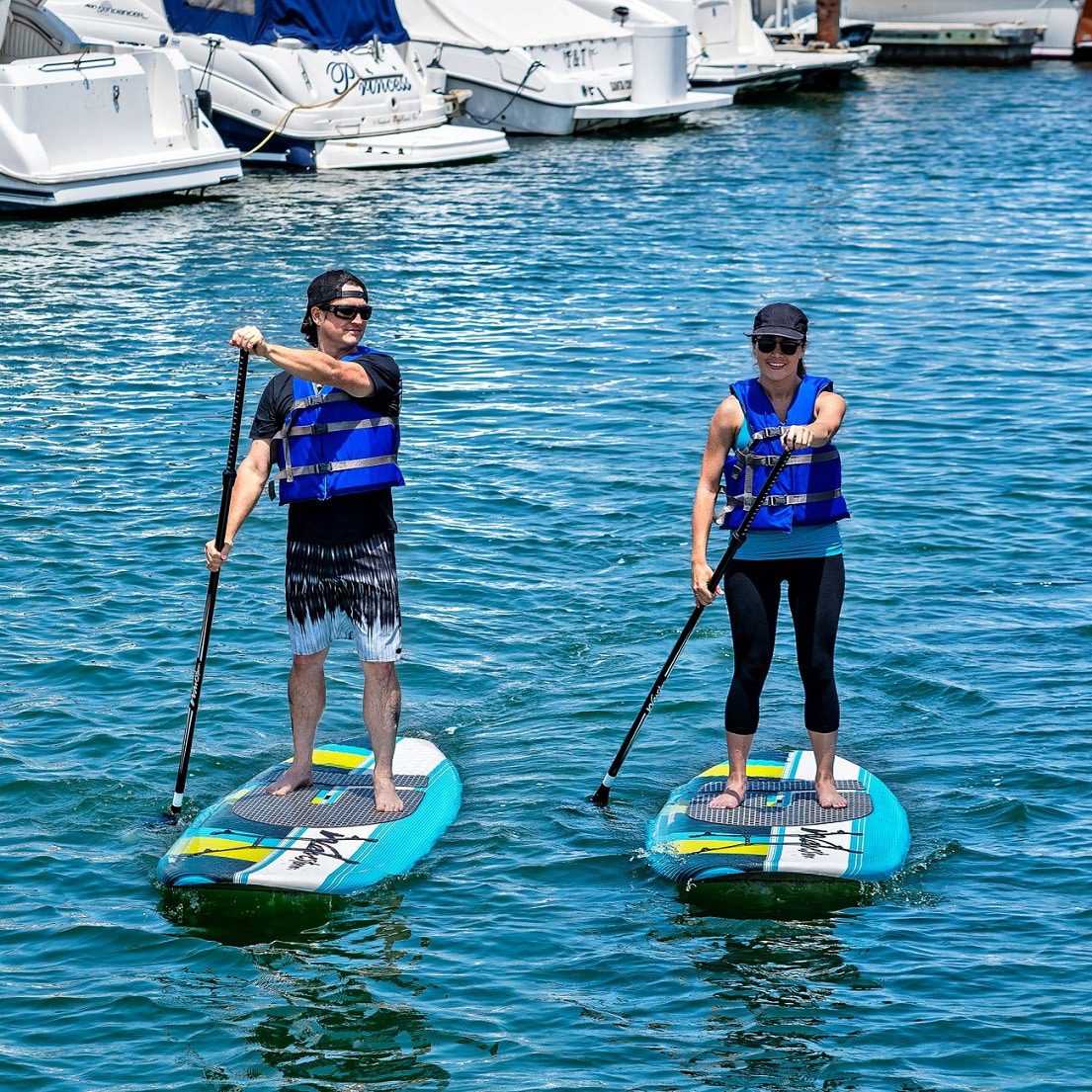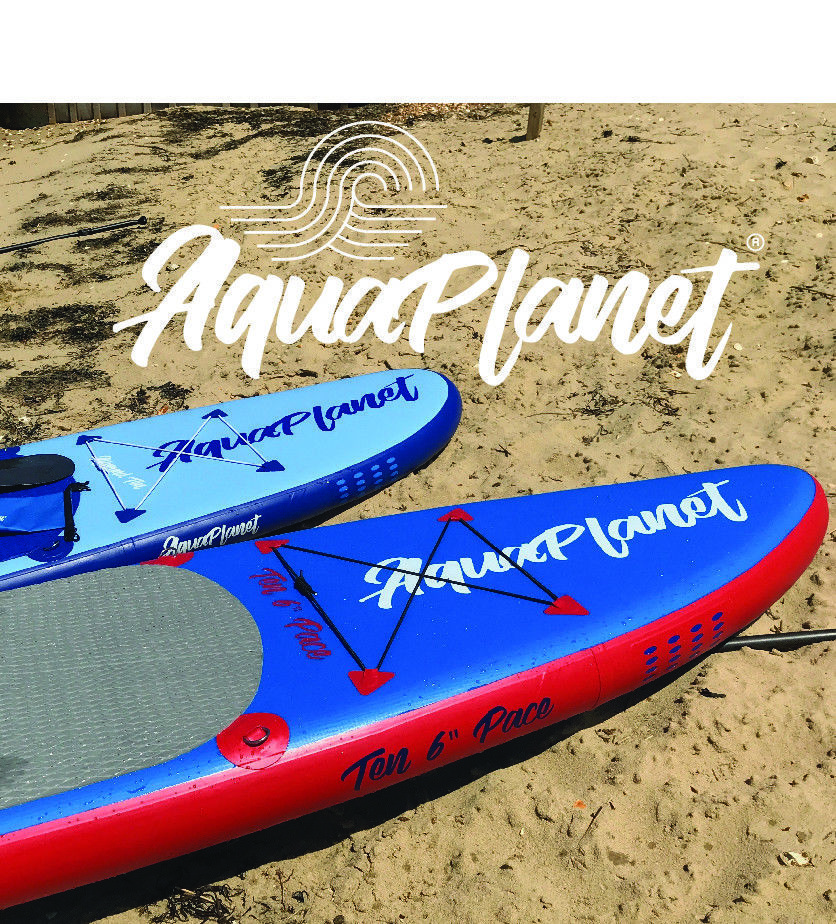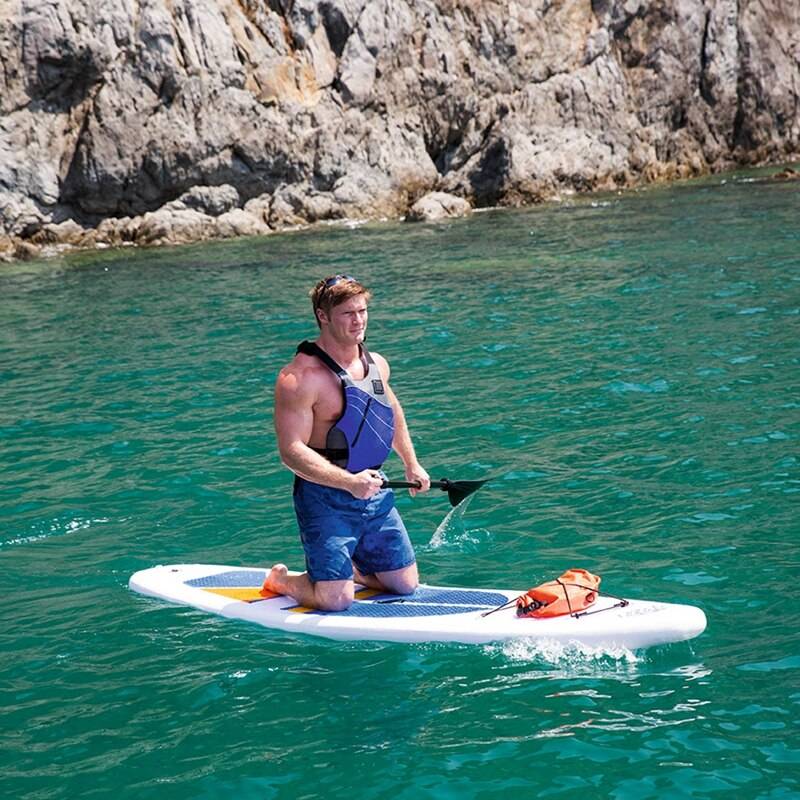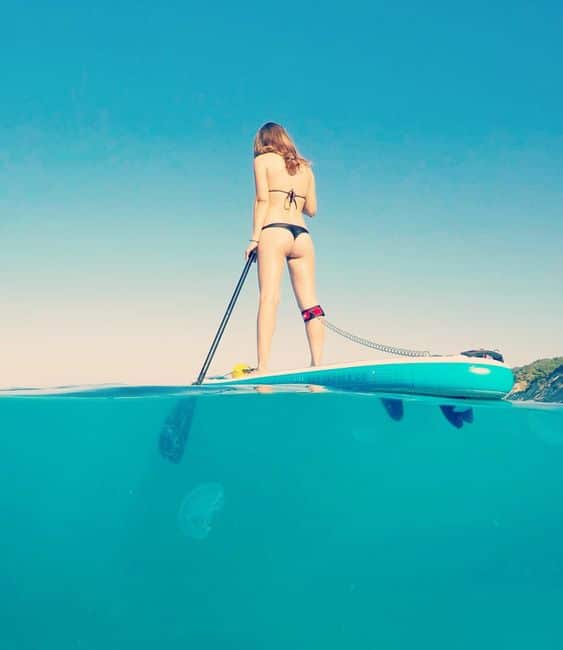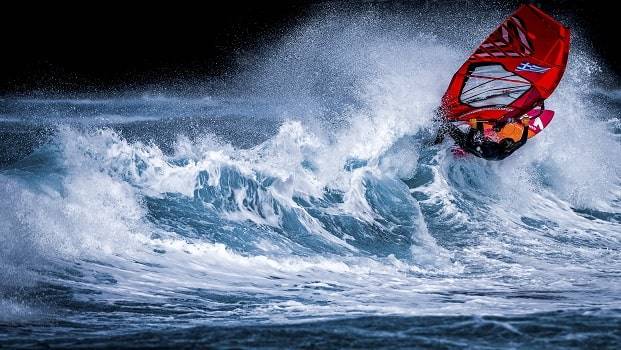Are you ready to embark on an unforgettable adventure beneath the sea? Get ready to immerse yourself in the breathtaking beauty and mysterious wonders of scuba diving. From vibrant coral reefs teeming with vibrant marine life to the serenity of exploring underwater caves, the scuba diving experience offers a unique and thrilling perspective of the underwater world. Feel the exhilaration of swimming alongside majestic sea creatures and discover the secrets hidden beneath the waves. So, strap on your diving gear, take a deep breath, and get ready to dive into the extraordinary world of scuba diving.
Planning Your Scuba Diving Adventure
Planning a scuba diving adventure is an exciting and rewarding experience that allows you to explore the wonders of the underwater world. Before embarking on this thrilling journey, there are a few important considerations to keep in mind to ensure a safe and enjoyable experience.
Choosing the Right Dive Destination
The first step in planning your scuba diving adventure is choosing the right dive destination. With numerous stunning locations around the world, it can be overwhelming to decide where to go. Factors to consider include the accessibility of the destination, water conditions, marine life, and the overall diving experience it offers. Whether you prefer warm tropical waters or cold-water dives, there is a destination out there that will cater to your preferences.
Researching and reading reviews about different dive sites can help you narrow down your options. Popular dive destinations such as the Great Barrier Reef in Australia, the Maldives, and the Red Sea in Egypt are known for their rich biodiversity, stunning coral reefs, and crystal-clear waters.
Researching Dive Operators
Once you have chosen your dive destination, it is important to research and select a reputable dive operator. Dive operators are responsible for organizing and guiding your underwater adventures, ensuring your safety and providing you with an unforgettable experience.
Look for dive operators that have experienced instructors, well-maintained equipment, and a good safety record. You can check online reviews or consult with fellow divers who have visited the same destination for recommendations. It is also essential to verify if the dive operator follows environmentally responsible practices to ensure the preservation of marine ecosystems.
Booking Your Scuba Course or Dive Trip
After selecting a dive destination and a dive operator, the next step is to book your scuba course or dive trip. Scuba courses are available for beginners who want to acquire the necessary skills and knowledge to dive independently.
For those already certified, booking a dive trip allows you to explore the underwater world under the guidance of experienced professionals. Dive trips can range from day trips to multi-day liveaboard adventures, depending on your preferences and budget.
Make sure to book well in advance, especially during peak diving seasons, to secure your spot. Communicate your diving experience and any special requirements or preferences you may have to the dive operator to ensure a tailored and personalized experience.
Getting Ready for Your Dive
Before jumping into the water, it is important to be well-prepared for your scuba diving adventure. This involves understanding scuba diving basics, ensuring you have the right equipment, and checking your health and fitness.
Understanding Scuba Diving Basics
Scuba diving may seem intimidating at first, but understanding the basics is crucial for a safe and enjoyable dive. Familiarize yourself with diving terms, hand signals, and the use of dive equipment. It is recommended to take a scuba diving course to learn the necessary skills and techniques from qualified instructors.
During your course, you will learn about essential diving concepts such as equalizing your ears, managing buoyancy, and underwater communication. You will also be introduced to the equipment used in scuba diving and how to assemble and use it properly.
Getting the Right Equipment
Having the right scuba diving equipment is essential for a comfortable and safe dive. While dive operators usually provide basic equipment such as masks, fins, and wetsuits, it is recommended to invest in your own gear for a more personalized and hygienic experience.
The essential scuba diving equipment includes a dive mask, snorkel, regulator with pressure gauge, buoyancy control device (BCD), and fins. Depending on the dive site and your preferences, you may also need exposure protection such as a wetsuit or drysuit, gloves, and booties. Always ensure that your equipment is well-maintained, properly fitted, and in good working condition before heading underwater.
Checking Your Health and Fitness
Scuba diving is a physically demanding activity, and it is important to ensure that you are in good health and fitness before diving. Some health conditions, such as respiratory problems, heart conditions, and ear issues, may restrict or require medical clearance for diving.
It is recommended to consult with a qualified diving medical specialist or a doctor trained in dive medicine to assess your fitness for diving. Additionally, practicing regular physical exercise can improve your stamina and lung capacity, making your diving experience more enjoyable.
Taking a refresher course if you haven’t dived in a while or doing a check dive with your dive operator can also help boost your confidence and ensure you are comfortable and ready for your underwater adventure.
Exploring the Underwater World
Now that you are equipped with the necessary knowledge and gear, it’s time to explore the breathtaking underwater world. The following sections will guide you through essential diving techniques, discovering marine life, and exploring coral reefs.
Diving Techniques and Skills
As you venture into the underwater realm, it is important to master essential diving techniques and skills. Buoyancy control, proper finning techniques, and efficient use of your breathing apparatus are crucial for maintaining comfort, conserving energy, and minimizing your impact on the marine environment.
Discovering Marine Life
One of the most captivating aspects of scuba diving is the opportunity to encounter a diverse array of marine life. From vibrant coral reefs teeming with colorful fish to majestic sea turtles gliding through the water, every dive presents a chance to witness the wonders of the underwater world.
It is important to approach marine life with respect and a mindset of conservation. Avoid touching or disturbing the marine creatures and refrain from feeding them, as this can disrupt their natural behavior and ecological balance. Admire their beauty from a safe distance and be mindful of the delicate ecosystems you are exploring.
Exploring Coral Reefs
Coral reefs are among the most fragile and biodiverse ecosystems on the planet, and scuba divers have the privilege of exploring these underwater treasures up close. Coral reefs are home to a multitude of marine species, from tiny reef fish to massive manta rays and sharks.
When diving on coral reefs, it is crucial to maintain good buoyancy control to avoid touching or damaging the delicate corals. Be mindful of your body and equipment positioning to prevent accidental contact. Limit your impact by following the “look but don’t touch” approach and refrain from taking souvenirs or removing any marine life from the reef.
Safety Measures and Precautions
Safety should always be the top priority when engaging in any scuba diving activity. Understanding dive safety rules, utilizing the buddy system, and having emergency and first aid training are essential aspects of ensuring a safe and enjoyable dive.
Understanding Dive Safety Rules
Before diving, familiarize yourself with the specific safety rules and guidelines provided by your dive operator. These rules are designed to keep you and the marine environment safe. They may include information on depth limits, no-decompression limits, decompression procedures for multi-level dives, and emergency procedures.
It is important to respect these rules and adhere to them to minimize the risks associated with scuba diving. Always follow the instructions of your dive guide and never exceed your personal limits or dive beyond your certification level.
Using the Dive Buddy System
The dive buddy system is a fundamental safety practice in scuba diving that involves pairing up with a fellow diver. The responsibility of the dive buddy system is to ensure mutual assistance, monitor each other’s well-being, and provide immediate help in case of an emergency.
Before the dive, establish clear communication signals and agree on a plan with your dive buddy. Regularly check on each other during the dive, maintaining close proximity and constant visual contact. The dive buddy system enhances safety by providing backup support and minimizing the risk of accidents going unnoticed or unattended.
Emergency and First Aid Training
While scuba diving is generally a safe activity, it is essential to be prepared for emergencies and have the necessary first aid training. Basic first aid skills can make a significant difference in emergency situations, both underwater and on the surface.
Consider taking a specialized scuba diving first aid course, such as Emergency First Response (EFR) or the Divers Alert Network (DAN) courses. These courses cover topics such as CPR, oxygen administration, and management of dive-related injuries and illnesses.
Carrying essential emergency equipment, such as a surface marker buoy and safety whistle, is also recommended to attract attention and indicate distress if needed.
Overcoming Common Scuba Diving Challenges
While scuba diving is a thrilling and rewarding experience, it can sometimes present challenges that divers need to overcome. The following sections will address common challenges such as equalizing your ears, managing buoyancy and water pressure, and dealing with underwater navigation.
Equalizing Your Ears
Equalizing your ears is an essential skill to master in scuba diving. As you descend, the water pressure increases, causing the air spaces in your ears to compress. Failure to equalize can lead to discomfort, pain, and potential ear injuries.
To equalize your ears, gently pinch your nostrils shut and gently blow through your nose, allowing the air to flow into your middle ear. This technique, known as the Valsalva maneuver, helps equalize the pressure in your ears. It is important to equalize early and often during descent to prevent any discomfort or potential injury.
Managing Buoyancy and Water Pressure
Maintaining proper buoyancy control is crucial for a safe and enjoyable dive. Buoyancy control allows you to hover effortlessly in the water column, conserving energy and minimizing damage to the marine environment.
Practicing good buoyancy control involves proper weighting, efficient fin kicks, and using your BCD to adjust your buoyancy as needed. Mastering these techniques takes time and practice, but with experience, you will become more comfortable and confident in your ability to control your position in the water.
Additionally, being aware of the changes in water pressure as you descend and ascend is essential. Slowly ascending and allowing for the necessary decompression stops is crucial for preventing decompression sickness, also known as “the bends.”
Dealing with Underwater Navigation
Navigating underwater can sometimes be challenging, especially in unfamiliar dive sites or when poor visibility is a factor. Proper underwater navigation skills involve using a compass, natural navigational cues, and dive site maps or diagrams.
Before the dive, familiarize yourself with the dive site layout and discuss the planned route with your dive buddy or guide. Utilize your compass and prominent underwater landmarks to maintain a sense of direction and prevent getting disoriented. Taking note of specific features during the dive, such as rock formations or coral formations, can also help you navigate your way back to the starting point.
Advanced Scuba Diving Techniques
Once you have developed a solid foundation of scuba diving skills, you may want to explore more advanced techniques and specialties. The following sections will introduce you to underwater photography and videography, night diving and wreck diving, and deep diving and Nitrox.
Underwater Photography and Videography
Underwater photography and videography allow you to capture the magic of the underwater world and share your experiences with others. While it may seem challenging at first, with practice and the right equipment, you can create stunning visuals that document your dives and the marine life you encounter.
Investing in an underwater camera or a waterproof housing for your existing camera is the first step. Familiarize yourself with the camera settings and underwater shooting techniques, such as adjusting for color loss and maintaining stability. Take care not to disturb or damage the marine environment while focusing on capturing your shots.
Night Diving and Wreck Diving
Night diving and wreck diving open up a whole new world of exploration and intrigue. Night dives offer a unique perspective as nocturnal marine life emerges, and the underwater landscape takes on an entirely different ambiance.
Wreck diving allows you to explore sunken ships, planes, and other man-made structures that have become underwater habitats over time. Proper training and experience are crucial for safely engaging in these types of dives, as they may present additional challenges such as limited visibility and potential entanglement hazards.
Always dive with a certified guide and utilize appropriate dive lights and markers to ensure your safety and enjoyment during night dives and wreck dives.
Deep Diving and Nitrox
For those seeking to explore greater depths and extend their bottom time, deep diving and Nitrox diving are advanced techniques worth considering. Deep diving involves descending beyond recreational diving limits, typically below 18 meters (60 feet).
To engage in deep diving, specialized training and equipment are required to mitigate the risks associated with increased pressure and potential nitrogen narcosis. Nitrox diving, on the other hand, involves using a gas mixture with a higher percentage of oxygen than regular air, allowing for extended dive times within certain depth limits.
Both deep diving and Nitrox diving require additional certifications and training to ensure your safety and competence in handling these advanced diving techniques. Consult with your dive instructor or a reputable dive training agency to learn more about the requirements and benefits of pursuing these specialties.
Environmental Responsibility and Conservation
As scuba divers, we have a responsibility to protect and preserve the fragile underwater ecosystems we have the privilege to explore. The following sections highlight the importance of preserving coral reefs and marine ecosystems, avoiding harmful interactions with marine life, and participating in dive cleanup and conservation projects.
Preserving Coral Reefs and Marine Ecosystems
Coral reefs are facing numerous threats, including pollution, overfishing, and climate change. As divers, we can play an active role in preserving these vital ecosystems by adhering to responsible diving practices and spreading awareness about their importance.
Ensure that you have good buoyancy control to avoid accidentally touching or damaging the coral reefs. Be mindful of your fins’ positioning, as even a slight kick can break or dislodge fragile coral structures. Moreover, avoid anchoring on coral when possible and participate in coral reef restoration projects or clean-up initiatives to contribute to their conservation and rehabilitation.
Avoiding Harmful Interactions with Marine Life
Responsible divers should always prioritize the well-being and protection of marine life. Avoid touching, feeding, or disturbing any marine creatures during your dives, as this can disrupt their natural behavior and stress them.
When encountering marine animals, maintain a respectful distance and observe them without intruding on their space. Refrain from chasing or attempting to ride marine creatures, such as turtles or dolphins. By showing respect and restraint, you can help to preserve the integrity of their habitats and support the long-term survival of these magnificent species.
Participating in Dive Cleanup and Conservation Projects
Get involved in dive cleanup activities and conservation projects to make a positive impact on the marine environment. Many dive operators and organizations organize regular beach and underwater cleanups to remove ocean debris and protect marine life.
Joining these initiatives allows you to contribute to the conservation of the underwater world while raising awareness among fellow divers and the local community. By actively participating in these projects, you can help protect our oceans and ensure their sustainability for future generations of divers to enjoy.
Scuba Diving as a Hobby or Profession
Scuba diving offers not only incredible recreational opportunities but also the possibility of turning it into a lifelong hobby or a fulfilling career. The following sections highlight the benefits of joining scuba diving clubs and communities, becoming a professional dive instructor, and exploring career opportunities in the field of scuba diving.
Joining Scuba Diving Clubs and Communities
Joining a scuba diving club or community is a fantastic way to connect with like-minded individuals who share your passion for the underwater world. These clubs often organize group dives, social events, and educational activities, providing opportunities to interact with experienced divers, learn new techniques, and explore new dive sites.
Being part of a scuba diving club or community enables you to create lasting friendships, exchange diving stories and tips, and continuously grow as a diver. It also provides a support network for planning future dive trips and acquiring knowledge about upcoming diving events and certification programs.
Becoming a Professional Dive Instructor
For those seeking a more immersive and rewarding experience, becoming a professional dive instructor offers an avenue to share your passion for diving while introducing others to the wonders of the underwater world. As a dive instructor, you can teach and guide aspiring divers, imparting essential knowledge and skills needed for safe and enjoyable diving experiences.
Becoming a dive instructor involves obtaining the necessary certifications and completing training courses. These courses focus on teaching techniques, dive theory, and safety protocols. Teaching scuba diving can be a fulfilling career that allows you to travel to different dive destinations, inspire others to explore the underwater realm, and make a positive impact on the diving community.
Exploring Career Opportunities in Scuba Diving
Scuba diving offers a diverse range of career opportunities beyond teaching. From underwater photography and marine biology research to dive shop management and dive tourism, there are numerous avenues to turn your passion for diving into a fruitful career.
Pursuing further education in specific areas of interest, such as marine biology or underwater archaeology, can open doors to exciting opportunities. Consider internships or volunteering with conservation organizations or marine research institutions to gain practical experience and expand your network within the industry.
Whatever career path you choose, scuba diving provides a unique and rewarding platform for combining your love for the underwater world with your professional aspirations.
Benefits of Scuba Diving for Physical and Mental Well-being
Scuba diving offers a multitude of benefits for both physical and mental well-being. Beyond the exhilarating underwater adventures, diving can improve fitness and stamina, relieve stress and anxiety, and promote mindfulness and relaxation.
Improving Fitness and Stamina
Scuba diving is a full-body workout that engages various muscles and promotes cardiovascular fitness. The resistance of the water and the need to maintain buoyancy and finning techniques provide a low-impact exercise that can increase muscle tone, strength, and flexibility.
Regular diving, combined with proper breathing techniques and controlled movements, can improve lung capacity and oxygen efficiency. This enhanced fitness level not only benefits your overall health but also contributes to a more enjoyable and sustained diving experience.
Relieving Stress and Anxiety
Diving offers a unique opportunity to disconnect from the stresses of everyday life and immerse yourself in a tranquil and awe-inspiring environment. The weightlessness and silence underwater create a sense of calm and provide an escape from the pressures of daily life.
The underwater world’s beauty and the mesmerizing marine life act as natural stress relievers, helping to reduce anxiety and promote relaxation. The serenity and wonder of the underwater realm can provide a much-needed respite and rejuvenate your mind and spirit.
Promoting Mindfulness and Relaxation
Scuba diving requires focus, discipline, and present-moment awareness, making it an excellent activity for promoting mindfulness. As you dive, you become fully immersed in the experience, observing the underwater world with heightened senses and a heightened state of consciousness.
By concentrating on your breath, monitoring your buoyancy, and appreciating the intricate details of the marine environment, you enter a state of flow that allows you to let go of worries and distractions. The rhythmic sound of your breathing and the underwater symphony become a form of meditation, promoting mental clarity and relaxation.
Diving also offers a unique opportunity for digital detox, as you disconnect from the online world and immerse yourself in the present moment.
Exploring Dive Travel Destinations
Scuba diving opens the door to a world of breathtaking destinations, each offering its unique underwater wonders. The following sections will introduce you to some of the top scuba diving destinations around the world, off-the-beaten-path dive spots, and underwater archaeological sites.
Top Scuba Diving Destinations Around the World
The beauty of scuba diving is that it can be enjoyed in various locations worldwide. Some of the top scuba diving destinations include:
-
The Great Barrier Reef, Australia: Known as the world’s largest living structure, the Great Barrier Reef offers unparalleled biodiversity and stunning coral formations.
-
The Maldives: This tropical paradise is renowned for its crystal-clear waters, vibrant coral reefs, and encounters with manta rays and whale sharks.
-
The Red Sea, Egypt: With its warm waters and a wealth of colorful marine life, the Red Sea is a popular destination for divers seeking adventure and unforgettable encounters.
-
Bonaire, Dutch Caribbean: Bonaire’s pristine marine park and easy shore access make it an ideal destination for divers of all levels. Its protected reefs are teeming with life, making it a haven for underwater photographers.
Off-the-Beaten-Path Dive Spots
For those seeking more secluded and off-the-beaten-path dive experiences, there are numerous hidden gems waiting to be explored. Some lesser-known dive spots include:
-
Raja Ampat, Indonesia: Located in the heart of the Coral Triangle, Raja Ampat is a remote and biodiverse region offering stunning coral reefs, vibrant marine life, and incredible underwater landscapes.
-
Socorro Islands, Mexico: Known as the “Mexican Galapagos,” the Socorro Islands attract divers with the opportunity to encounter giant Pacific manta rays, sharks, and humpback whales.
-
Palau: This small island nation in Micronesia is famous for its crystal-clear waters and world-class diving sites, including the iconic Blue Corner and Jellyfish Lake.
Underwater Archaeological Sites
For divers with a passion for history and exploration, underwater archaeological sites offer a unique opportunity to discover submerged remnants of the past. Some notable underwater archaeological sites include:
-
Alexandria, Egypt: The legendary city of Alexandria is home to numerous submerged ruins, including the ancient lighthouse of Pharos and the Royal Quarters of Cleopatra.
-
Yonaguni Monument, Japan: Located off the coast of Yonaguni Island, this controversial underwater site features large stone structures that some believe to be the remains of an ancient civilization.
-
Baiae, Italy: Once a luxurious Roman resort town, Baiae now lies submerged in the Bay of Naples, offering divers a glimpse into the ancient ruins of Roman villas, statues, and thermal baths.
Scuba diving provides a gateway to extraordinary experiences and limitless exploration. Whether you are a beginner or an experienced diver, there is always something new to discover beneath the surface. So grab your fins, dive into the wonders of the underwater world, and embark on a scuba diving adventure that will leave you with memories to last a lifetime.

